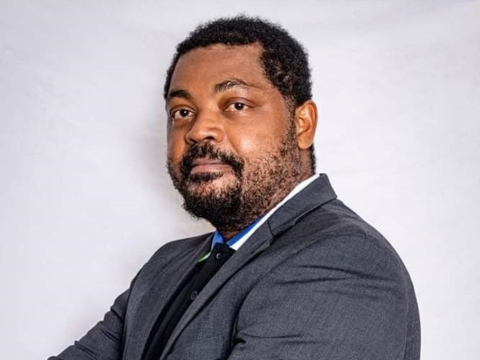By Nasratu Kargbo
One of the requests by the Sierra Leone Association of Journalists (SLAJ) is for the next government to provide free tertiary education for female journalists in Sierra Leone.
The request was made in their Media Manifesto titled ‘The Media We Want To See’ which was launched on the 5th June 2023. The manifesto stated that the “Government should work with SLAJ to provide free tertiary education for female journalists”.
To empower women journalists, SLAJ has also requested that the government and media owners should ensure they create an enabling environment for female journalists, make the media attractive for women, by supporting them reach middle and senior management positions, and ensure that their conditions of service are improved.
It solicited “clear policies in relation to annual leave, maternity leave, and protection from harassment and abuse, particularly for female journalists”.
The manifesto stated that the government and development partners through the Ministry of Gender and Children’s Affairs should work with SLAJ and women's media associations and other media organizations in order to develop a gender policy that will protect and promote female journalists in accordance with the Gender Equality and Women’s Empowerment (GEWE) Act.
In addition, it emphasized that the government should guarantee the safety of female journalists as they execute their duties and ensure they fully implement the GEWE Act.
The manifesto said studies have revealed that even though the number of women working in the media has increased globally, top positions such as producers, executives, publishers, and chief editors are still male-dominated. It added that the disparity is most evident in Africa, saying such a culture serves as an impediment to women fulfilling their role as journalists such as in travelling away from home, evening work, and covering politics and sports among others.
In an interview with Jariatu Bangura of Concord Times newspaper on the 6th of June 2023, she said “Giving female journalists scholarships to gain tertiary education is a good idea”. She explained that there are some female journalists that are in need of support, stating that they have not been able to gain admission to the university since they took their West African Senior School Certificate Examination (WASSCE) because they cannot afford to pay.
In the area of safety, Bangura stressed that it is paramount. She explained that elections are close and that there are times female journalists would have to leave certain places because of scolding by officials. She recalled an incident some time ago, in which some female journalists were verbally abused by presidential guards and policemen when they went out for coverage.
She stated that as a result of this, many women journalists do not go out to work during the election period.
Speaking to Africa Young Voices (AYV) D’zuliatu Hamid, said that she does not totally support the idea of free tertiary education, stating that ‘he who pays the piper calls the tune’.
Hamid explained that the profession requires journalists to be free, fair and balanced at all times, citing that if the government assists SLAJ in giving free tertiary education to female journalists, she noted that they will be biased whilst executing their duty. She added that she believes that humans tend to be naturally biased toward a person who has done something for them.
She stated that for the profession to be a formidable and credible one, such a task should not be given to the government.
Hamid stated that improving training and health facilities for journalists is a laudable idea and totally wants that to be made possible.
Yeanoh Kabia from Radio Democracy said that the country does not have many women in top positions in the media. She explained that most of the work is done by women but that those in the decision-making positions are men, adding that this is because some of these women have not attained tertiary education, despite their skills.
Kabia said that free tertiary education will be immensely significant to female journalists.
“Safety for women is very poor, I think SLAJ should emphasize media safety,” Kabia said. She explained that some journalists are not paid by their media houses and face harassment in the field, stressing that media owners pay their employees and give them protection, or else they should not hire them.
Kabia stated that what keeps women in the profession is their love and courage for what they do.
Copyright © 2023 Politico (07/06/23)








